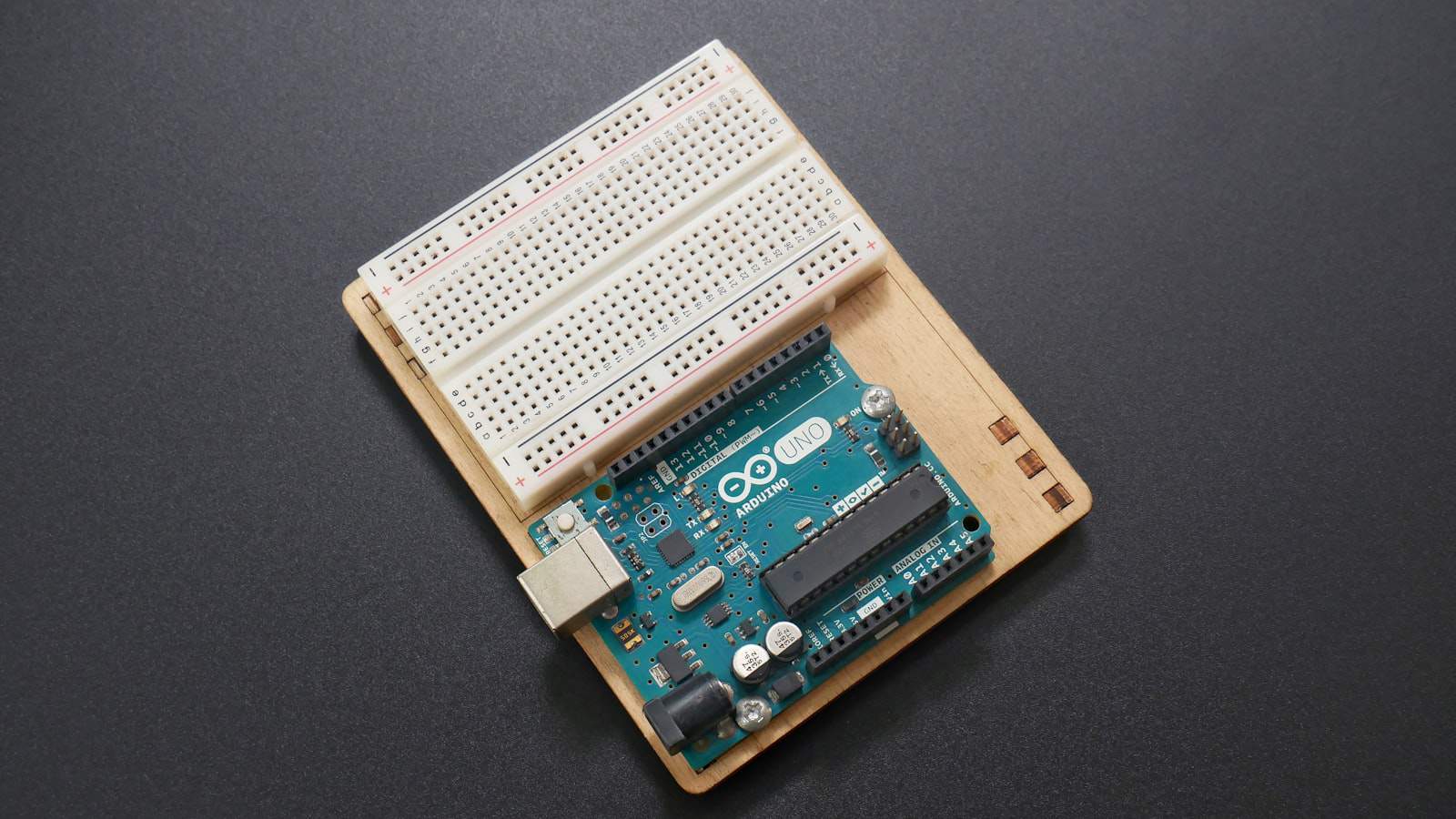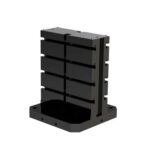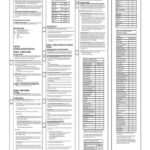Introduction to Turnkey PCB Solutions
In the world of printed circuit board (PCB) manufacturing, “turnkey” refers to a comprehensive service provided by a PCB supplier that handles the entire process from design to final product delivery. Turnkey PCB solutions simplify the complex and multi-step process of creating custom circuit boards for electronics products.
When a company opts for a turnkey PCB service, they entrust their PCB supplier with managing all aspects of the project, including:
- PCB design and layout
- Prototyping
- Component sourcing and procurement
- PCB fabrication
- PCB assembly (PCBA)
- Testing and quality control
- Packaging and shipping
By outsourcing these tasks to a single vendor, companies can streamline their supply chain, reduce costs, and accelerate their time-to-market. This article will dive deeper into the benefits and considerations of using turnkey PCB services.
The PCB Manufacturing Process
To understand the value of turnkey PCB solutions, it’s helpful to first review the steps involved in manufacturing printed circuit boards:
PCB Design and Layout
The process begins with creating the schematic diagram and layout files for the PCB. This involves:
- Choosing the appropriate PCB materials (substrate, copper weight, solder mask, silkscreen, etc.)
- Placing components and routing traces
- Ensuring proper signal integrity, power delivery, and electromagnetic compatibility
- Adhering to PCB design guidelines and manufacturing constraints
Prototyping
Before mass production, it’s crucial to validate the PCB design through prototyping. This allows for:
- Testing functionality and performance
- Identifying and resolving any design issues
- Refining the design for manufacturability and cost-effectiveness
Component Sourcing and Procurement
Securing the necessary components for PCB assembly requires:
- Selecting components that meet the design requirements and are available in sufficient quantities
- Negotiating with component suppliers for competitive pricing and lead times
- Managing inventory and ensuring a reliable supply chain
PCB Fabrication
The actual manufacturing of the bare PCB involves several steps:
- Inner layer printing and etching
- Lamination of layers
- Drilling of holes
- Copper plating
- Outer layer printing and etching
- Applying solder mask and silkscreen
- Surface finish (HASL, ENIG, OSP, etc.)
- Electrical testing and inspection
PCB Assembly (PCBA)
Populating the bare PCB with components can be done through various methods:
- Through-hole assembly (THA) for parts with leads that go through holes in the board
- Surface-mount technology (SMT) for components that are soldered directly onto the PCB surface
- Mixed assembly that combines both THA and SMT
The choice of assembly method depends on the component types, board complexity, volume, and cost considerations.
Testing and Quality Control
To ensure the reliability and functionality of the assembled PCBs, rigorous testing and inspection are performed:
- Automated optical inspection (AOI) to check for assembly defects
- In-circuit testing (ICT) to verify the proper connection and value of components
- Functional testing to validate the PCB’s performance under various operating conditions
- Burn-in testing to screen for early failures
Packaging and Shipping
The final step is to properly package the PCBs to protect them during shipping and storage. This may involve:
- Vacuum sealing in moisture barrier bags with desiccants
- Placing in antistatic bags or containers
- Adding proper labels and documentation
- Choosing appropriate shipping methods and carriers
Benefits of Turnkey PCB Services
By outsourcing the entire PCB manufacturing process to a turnkey service provider, companies can realize several key benefits:
Simplified Vendor Management
Instead of coordinating with multiple suppliers for different aspects of PCB production (design, fabrication, assembly, etc.), a turnkey approach allows for a single point of contact and accountability. This streamlines communication, reduces administrative overhead, and minimizes the risk of errors or delays caused by miscommunication between vendors.
Faster Time-to-Market
Turnkey PCB providers have established processes and relationships that enable them to optimize the entire manufacturing cycle. By leveraging their expertise and resources, they can often deliver finished products faster than if a company were to manage each step independently. This accelerated timeline can be a significant competitive advantage in fast-moving industries.
Cost Savings
Turnkey PCB suppliers can achieve economies of scale by aggregating demand across multiple customers. This purchasing power allows them to negotiate better pricing on materials, components, and equipment, which can be passed on to their clients. Additionally, by bundling services together, turnkey providers can offer more competitive rates compared to the total cost of engaging separate vendors for each stage of production.
Access to Expertise and Resources
Turnkey PCB companies have teams of experienced professionals who specialize in various aspects of PCB design, fabrication, and assembly. By tapping into this pool of expertise, companies can benefit from valuable guidance and support throughout the manufacturing process. This can be especially useful for companies that lack in-house PCB knowledge or resources.
Improved Quality and Reliability
Reputable turnkey PCB providers have robust quality control systems in place to ensure consistent and reliable output. They invest in state-of-the-art equipment, employ skilled technicians, and adhere to strict process controls and industry standards (such as IPC). By entrusting production to a qualified turnkey vendor, companies can have greater confidence in the quality and reliability of their PCBs.

Considerations for Choosing a Turnkey PCB Supplier
When selecting a turnkey PCB supplier, there are several key factors to consider:
Technical Capabilities
Evaluate the supplier’s ability to handle the specific requirements of your PCB project, such as:
- PCB complexity and layer count
- Material and surface finish options
- Minimum feature sizes and tolerances
- Component types and package sizes
- Assembly methods and volumes
Look for suppliers with a proven track record of successfully delivering projects similar to yours.
Quality and Certifications
Assess the supplier’s commitment to quality by reviewing their:
- Quality management system and certifications (e.g., ISO 9001, AS9100, IATF 16949)
- Manufacturing and assembly standards compliance (IPC, J-STD, MIL-PRF)
- Testing and inspection capabilities
- Defect rates and customer satisfaction metrics
Capacity and Scalability
Consider the supplier’s production capacity and ability to scale with your needs:
- Maximum monthly output and lead times
- Flexibility to handle both small and large volume orders
- Ability to ramp up production quickly to meet demand spikes
Communication and Support
Evaluate the ease and effectiveness of communicating with the supplier:
- Responsiveness to inquiries and requests
- Clarity and frequency of project updates
- Availability of technical support and customer service
- Language proficiency and cultural compatibility
Cost and Value
Compare the total cost of ownership (TCO) and value proposition of different turnkey PCB suppliers:
- Pricing for PCB fabrication, assembly, testing, and shipping
- Non-recurring engineering (NRE) fees for setup and tooling
- Minimum order quantities (MOQs) and volume discounts
- Payment terms and warranty coverage
Look for suppliers that offer a fair balance of cost, quality, and service to meet your specific needs and budget.
FAQ
What is the difference between a turnkey PCB and a regular PCB?
A turnkey PCB is a comprehensive service that includes all aspects of PCB manufacturing, from design to final product delivery. In contrast, a regular PCB typically refers to just the bare board fabrication or assembly services offered by a supplier.
How long does it take to get a turnkey PCB?
The lead time for a turnkey PCB can vary depending on the complexity of the design, the manufacturing processes involved, and the supplier’s capacity. Typical lead times range from a few days for simple prototype boards to several weeks for complex, high-volume production runs. It’s best to consult with specific turnkey PCB suppliers for their current lead times.
What are the minimum order quantities for turnkey PCBs?
Minimum order quantities (MOQs) for turnkey PCBs can vary widely among suppliers. Some may offer low MOQs (even as low as one piece) for prototyping and small-batch production, while others may require higher MOQs for cost-effective mass production. It’s important to discuss your volume requirements with potential turnkey PCB suppliers to ensure they can accommodate your needs.
How much does a turnkey PCB cost?
The cost of a turnkey PCB depends on several factors, such as the PCB complexity, materials, components, manufacturing processes, order quantity, and shipping method. In general, turnkey pcb prices can range from a few dollars per board for simple designs in high volumes to hundreds of dollars per board for complex, low-volume projects. To get accurate pricing for your specific PCB, it’s best to request quotes from multiple turnkey suppliers.
Can I provide my own PCB design for a turnkey service?
Yes, most turnkey PCB suppliers can work with customer-provided PCB designs. However, it’s important to ensure that your design files are complete, accurate, and conform to the supplier’s manufacturing guidelines. Many turnkey providers offer design review services to catch potential issues before production begins. In some cases, the supplier may suggest or require design modifications to improve manufacturability, reliability, or cost-effectiveness.
Conclusion
In summary, turnkey PCB services provide a comprehensive and streamlined solution for companies looking to outsource their printed circuit board manufacturing. By handling all aspects of PCB production, from design to delivery, turnkey suppliers can help simplify vendor management, reduce costs, accelerate time-to-market, and improve overall product quality and reliability.
When choosing a turnkey PCB supplier, it’s essential to consider factors such as technical capabilities, quality and certifications, capacity and scalability, communication and support, and cost and value. By carefully evaluating potential partners and selecting one that aligns with your specific needs and requirements, you can unlock the full benefits of turnkey PCB solutions for your electronics projects.
Turnkey PCB Supplier Comparison
| Supplier | Capabilities | Certifications | Lead Times | MOQs | Support |
|---|---|---|---|---|---|
| ABC PCB | 1-16 layers, SMT, THA, HDI | ISO 9001, IPC Class 2 | 2-3 weeks | 100 pcs | 24/7 email, phone |
| XYZ Circuits | 1-12 layers, SMT | ISO 9001, UL | 3-4 weeks | 500 pcs | Email, chat |
| 123 Boards | 1-8 layers, SMT, THA | ISO 9001, AS9100 | 1-2 weeks | 50 pcs | Email, phone, on-site support |
Note: The information in this table is for illustrative purposes only and does not represent actual suppliers or their specific capabilities.
By providing a comprehensive overview of turnkey PCB services, including their benefits, considerations, and a comparison of potential suppliers, this article aims to help readers make informed decisions when outsourcing their PCB manufacturing needs.






Leave a Reply